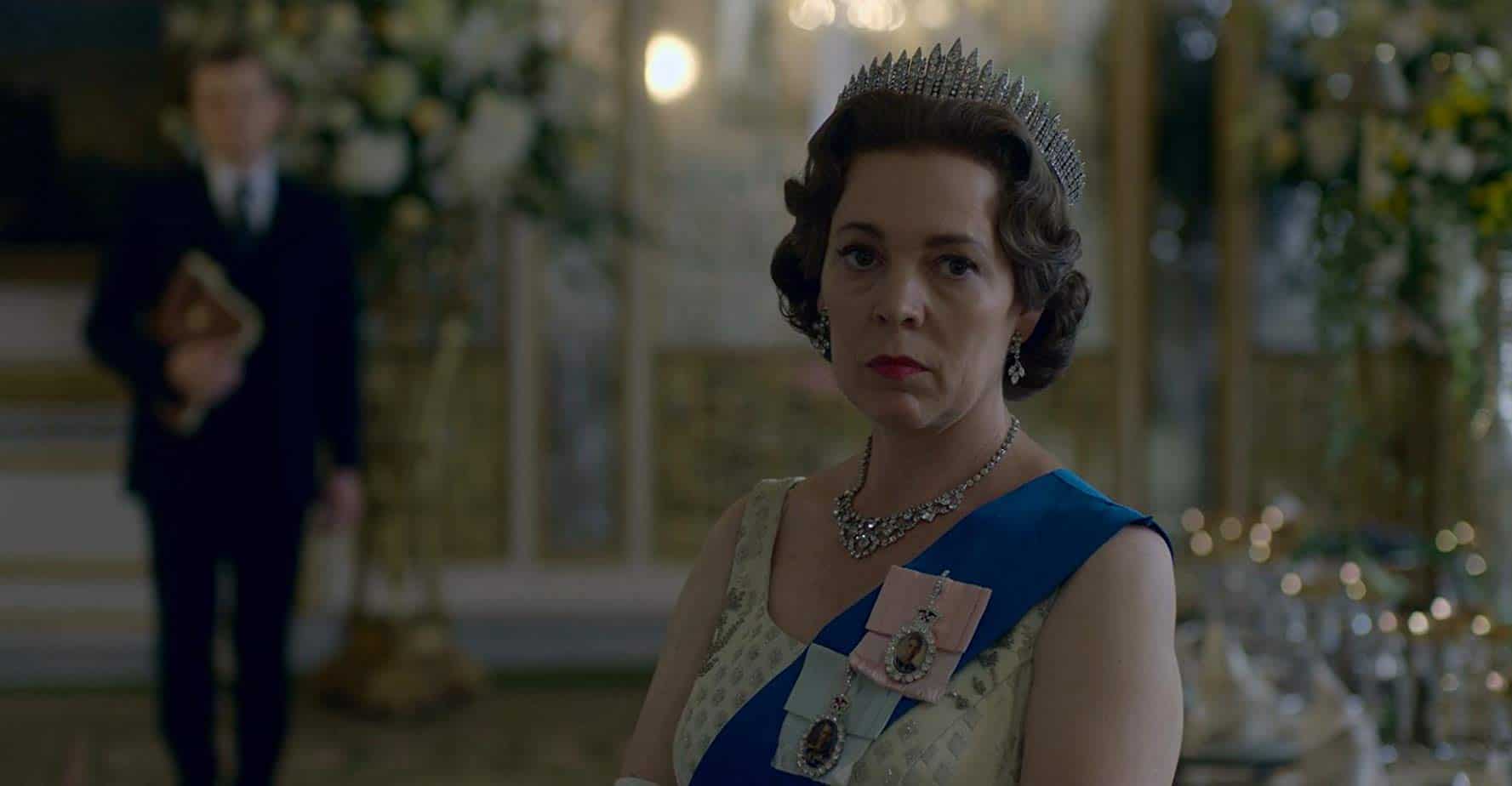[This article contains spoilers.]
Americans are fascinated by dramas about the British aristocracy, and even more so by the British royal house, the Windsors. Some of the reasons for that fascination are no doubt bad, particularly a nostalgia for a romanticized past that never existed. But there are good ones.
Season 3 of “The Crown” offers one such good reason. In this newest season of the Netflix show centered around the British royal family, “The Crown” achieves a delicate tension between two powerful ideas:
- The common good requires self-sacrifice.
- That self-sacrifice is often unjust.
These ideas receive a fair amount of play in TV and film. But rarely are they so skillfully deployed together.
Prince Charles, for instance, sacrifices his college plans for a semester in preparation for his new role as prince of Wales. He does not want to go, but, once there, comes to terms with it. He almost learns an important lesson: he needs to put the needs of the Crown above his own, and in fact can still be happy as he makes such sacrifices.
I say “almost”, however, because his mother, Queen Elizabeth II, interrupts that lesson. Precisely because Charles begins to take his royal task seriously, he begins to develop sympathies for the land he was forced to go to. That sympathy, however, inspires him at his “investiture”, or installation as prince of Wales, to make some imprudent statements of which his mother disapproves. She upbraids him harshly, sending him into anguish. Rather than being acknowledged for the strenuous effort he made to do his duty, Charles is excoriated for getting a detail wrong in pulling it off.
Charles is an obvious example of the way royal duty and personal happiness seem tragically opposed, not least because his private affairs have routinely spilled into the media: his marriage to and divorce from Diana Spencer; his affair with and marriage to Camilla Parker Bowles; and his many controversial statements over the years. And yet that injustice rains upon the just and wicked alike: almost every Windsor bears its burden.
Yet they don’t respond to it in the same way. In a defining moment of the season, Prince Philip tells his wife, Elizabeth, that there are two kinds of Windsors. While Philip doesn’t put it this way, one might say that one group sees the necessity of serving the common good, and the others see the injustice. In other words, perhaps neither of them sees both.
That division drives dynastic conflict, with familial disagreements almost inevitably opposing the former group, including Queen Victoria, King George VI and Elizabeth, against members of the latter group, like the Duke of Windsor (the former King Edward VIII), Margaret and Charles.
Some members of the family promote the need to fight for the common good, but cannot do so in a way that speaks to those members of their family not already in agreement with them: they miss the injustice that so often accompanies such self-sacrifice. They thus appear as dull and cruel to those Windors who see the injustice of their position but fail to recognize the real goods they are trying to pursue.
At least in the show, Queen Elizabeth II perhaps comes closest to seeing both theses for what they are. This gift is most on display in her relationship with her sister, Princess Margaret, who is played to perfection by Helena Bonham Carter. The Queen knows that Margaret’s life outside of the limelight has been hard, and is sympathetic to her struggle playing second fiddle to Elizabeth. But the practical implications of that knowledge are minimal: the Queen cannot persuade Margaret to be a valuable contributor to the royal mission. Moreover, Elizabeth might have learned so many lessons from her relationship with Margaret that would carry over to that with Charles. But that does not seem to have happened.
Interestingly, this season presents Prince Philip as between the two groups: he aligns with his wife against his son, but nonetheless resents his wife for almost the same reasons Margaret does. This is a missed opportunity: the experience of being confined by his wife’s regnal office should give Philip more sympathy for and understanding of Charles than it does. Instead, Philip alternates between using the language of the common good as a weapon against his son, and that of his own individualism as a protest against his wife.
That takes us back to bad reasons for liking these TV shows. At their worst, shows like “The Crown” or “Downton Abbey” are a form of escapism from the difficulties of democracy that we would rather not confront. Perhaps they also reveal our hypocrisy: for all of our love of liberty, we’d happily support monarchy if only we were the ones in power.
If there is a good reason to watch it, however, it is because these two truths are no less true in a democracy than in a monarchy: the common good requires self-sacrifice, and such self-sacrifice is often unjust.
Indeed, they are no less true, and perhaps harder to reconcile. For even if, as good democratic citizens, we feel the nobility and loftiness of the common good, then we have to admit that democracy is not often the regime best at asking us to make sacrifices for it. But it does nevertheless very much depend upon such sacrifice. And perhaps here “The Crown” still has lessons for us.
—
Photo from IMDb, used under Fair Use Laws


